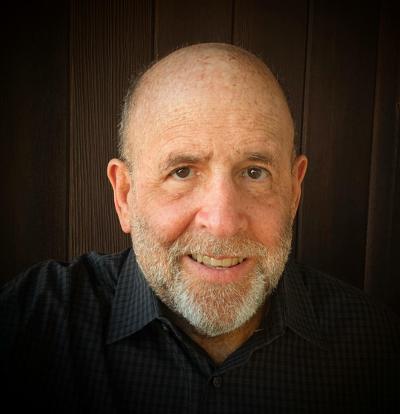By Andrew Malekoff
By now we are well aware that U.S. Sen. John Fetterman, a recent stroke sufferer, has sought help for depression. Depression is common after stroke, affecting nearly one third of stroke survivors.
How did we find out that the senator was depressed? Was it leaked from his office? No. Did a journalist run with a tip? No.
So how did we learn that Sen. Fetterman was living with a mental illness?
He told us.
He told the world what millions of people before him have carefully hidden due to the steep price of stigma, which for far too many is reinforced by shame and isolation born of ignorance, bias and fear.
By coming out about his clinical depression with such transparency, Fetterman struck a mighty blow in the battle against the stigmatization of mental illness. Yet his openness about depression posed a significant risk to him, especially considering the insensitivity and cruelty that shadowed him after his May 13, 2022, stroke.
For example, childish Donald Trump Jr. mocked him as the “vegetable senator from Pennsylvania” on his podcast, taunting him for the auditory processing disorder he developed after experiencing a stroke.
Others, like Fox “news” propagandist Tucker Carlson followed suit. As Carlson addressed the issue with Fetterman’s Republican adversary Mehmet Oz, the show’s chyron read: “You’re not allowed to point out that Fetterman is a giant walking vegetable.”
U.S. Navy veteran Travis Akers tweeted a universal rejoinder and cautionary note about the collateral damage that can result from such public ridicule: “It’s very unlikely that John Fetterman will see your tweets making fun of him, calling him a vegetable, and being mean about his seeking help for his mental health and depression, but it’s very likely that your friends and family who are dealing with the same issues will.”
The matter of Fetterman’s mental health generated a wide-ranging response on social media. It is encouraging that many months after his stroke, perhaps with some reflection if not for pure political expediency, the support regarding his having sought help for depression is more bipartisan.
Fetterman showed character, courage and class in revealing to the world that he was seeking help for depression. Following is a small sample of the feedback he has already received on social media.
Dr. Ben Carson, former U.S. secretary of Housing and Urban Development, tweeted about the importance of all Americans uniting in support of the senator, regardless of political differences: “I don’t agree with Sen. Fetterman, and I didn’t support him in his race. I am, however, praying for him. I applaud him seeking the help he needs and I know he is in good hands with the Walter Reed staff. We are all Americans and we should pray for others even when we disagree.”
Rep. Alexandria Ocasio-Cortez added to the chorus about the gift that was delivered by his disclosure: “Sen. John Fetterman’s willingness to share his experience with depression serves as a reminder to those struggling with mental health that they’re not alone, and that help is out there.”
AOC’s fellow squad member Rep. Aryanna Pressley added, “By publicly sharing that he is seeking care I know he has saved lives.”
Journalist Mini Racker offered a historical perspective on the risk of public exposure of one’s mental illness. She tweeted: “In 1972, news that V.P. nominee Eagleton checked into the hospital to be treated for depression in the ’60s led him to withdraw his candidacy. The stigma still exists—politicians are rarely open about getting mental health care, as Sen. Fetterman is today.”
There is an ongoing mental health crisis in America. It has been exacerbated in recent years, especially for America’s children, since the onset of the COVID-19 pandemic in 2020. Even prior to that, though, we consistently failed to treat illnesses above the neck the same as illnesses below the neck. Yet our children have profound troubles and live in a profoundly troubled world.
A report issued recently by the Centers for Disease Control and Prevention found that one in three girls seriously considered suicide in 2021. This is just the tip of the iceberg as the CDC reported that “feelings of persistent sadness and hopelessness affected more than one-third of kids of all races and ethnicities and increased over previous years.”
A parent who would not hesitate to reach out for help if their child was in an accident and appeared to have broken an arm might wait weeks and months, if not longer, to ask for help if it was a mental health or substance use problem.
The good senator, in his personal time of need, has taken a giant leap toward making people think twice before hesitating to ask for help for anxiety or depression for themselves or a loved one.
We owe Sen. Fetterman a debt of gratitude for his courage and the hope he has inspired, along with our best wishes for him in recovery.

